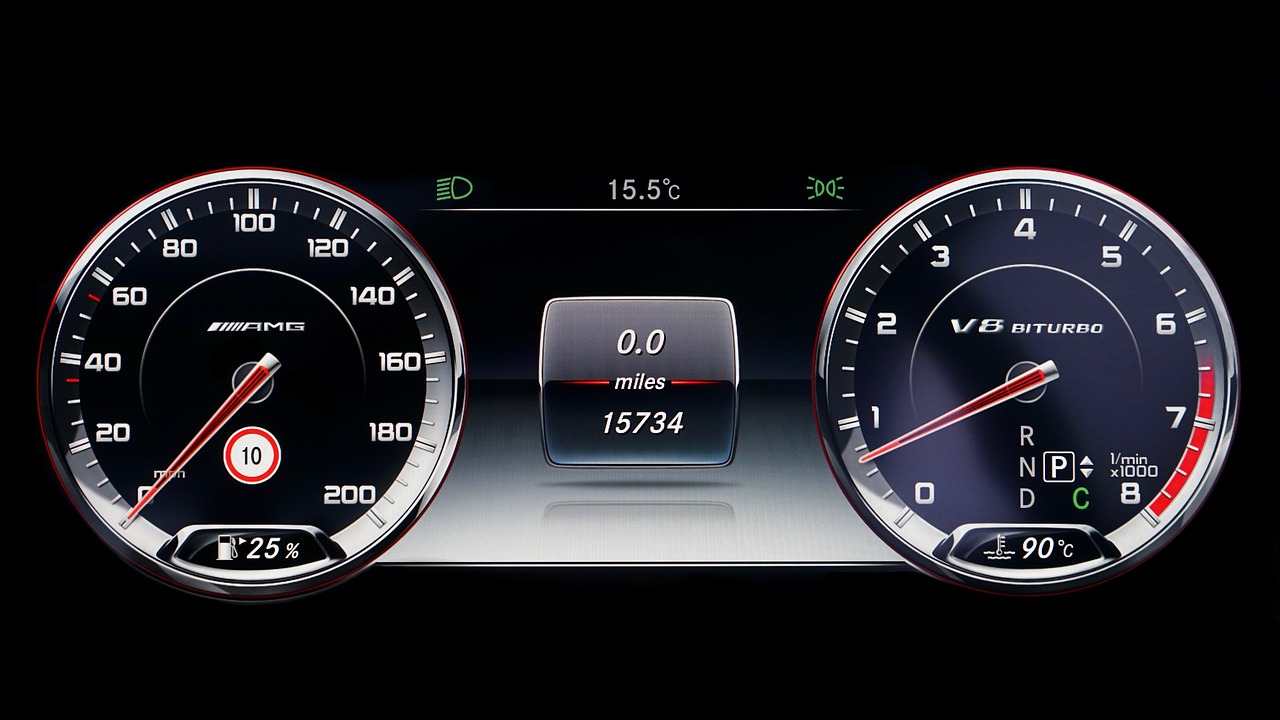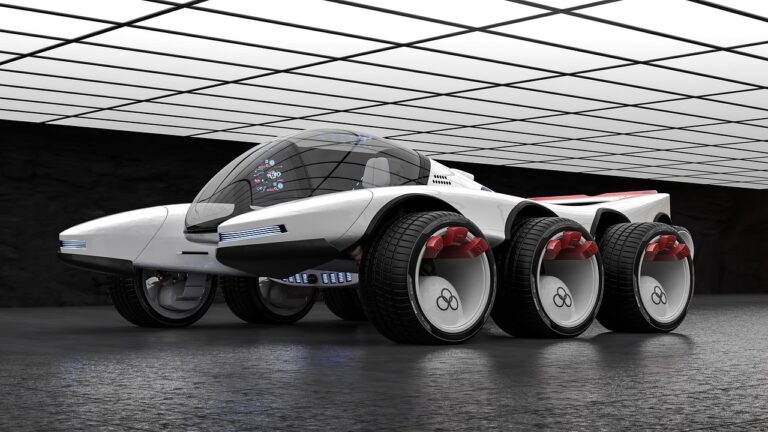Exploring the Concept of Vehicle Electrification: Challenges and Opportunities
Electric vehicles (EVs) have been gaining significant traction in the automotive industry in recent years. With advancements in technology, EVs have become more accessible to consumers, offering a viable alternative to traditional gasoline-powered vehicles. Major automakers are increasingly investing in electric vehicle research and development, aiming to meet the growing demand for sustainable transportation options.
One of the key factors driving the rise of electric vehicles is the global push for environmental sustainability. Governments around the world are implementing stricter regulations on vehicle emissions, prompting automakers to shift towards producing more electric vehicles. The shift towards EVs is seen as a crucial step in reducing greenhouse gas emissions and combating climate change, making electric vehicles a prominent player in the future of the automotive industry.
Challenges Faced by Vehicle Manufacturers in Electrification
The shift towards electrification in the automotive industry has presented vehicle manufacturers with a myriad of challenges to overcome. One of the primary obstacles faced by manufacturers is the high cost of developing electric vehicle technology. The research and development required to design efficient batteries, electric motors, and charging infrastructure demand substantial financial investments, impacting the profitability of these manufacturers.
Additionally, the limited infrastructure for charging electric vehicles poses a significant challenge for manufacturers. The lack of widespread charging stations can deter consumers from making the switch to electric vehicles, as range anxiety becomes a real concern. Manufacturers must work collaboratively with governments and private organizations to expand the charging network and enhance the overall accessibility of electric vehicles to consumers.
The Environmental Benefits of Vehicle Electrification
Electric vehicles (EVs) have gained traction in recent years as a more environmentally friendly alternative to traditional gasoline-powered vehicles. By running on electricity, these vehicles produce zero tailpipe emissions, significantly reducing air pollution and greenhouse gas emissions that contribute to climate change. The transition to EVs has the potential to improve air quality and public health, especially in urban areas where vehicle emissions are a major source of pollution.
In addition to reducing harmful emissions, vehicle electrification also offers the benefit of decreasing our dependency on fossil fuels. As the electricity grid continues to transition towards renewable sources such as solar and wind power, the environmental impact of charging EVs further diminishes. This shift towards cleaner energy sources not only reduces carbon emissions but also helps to conserve non-renewable resources, promoting a more sustainable energy future.





